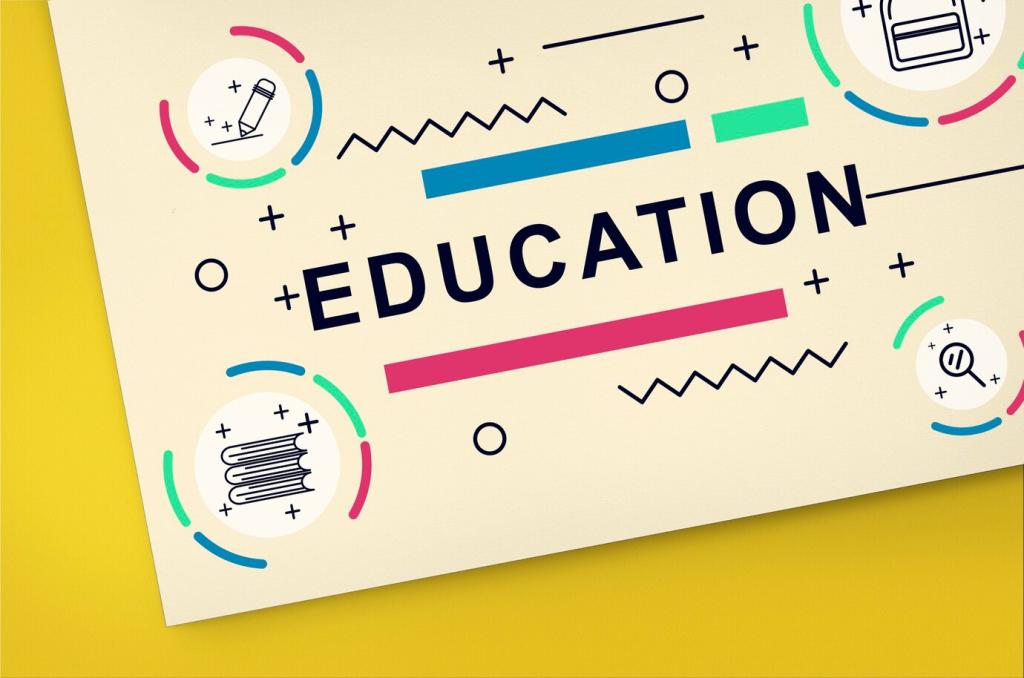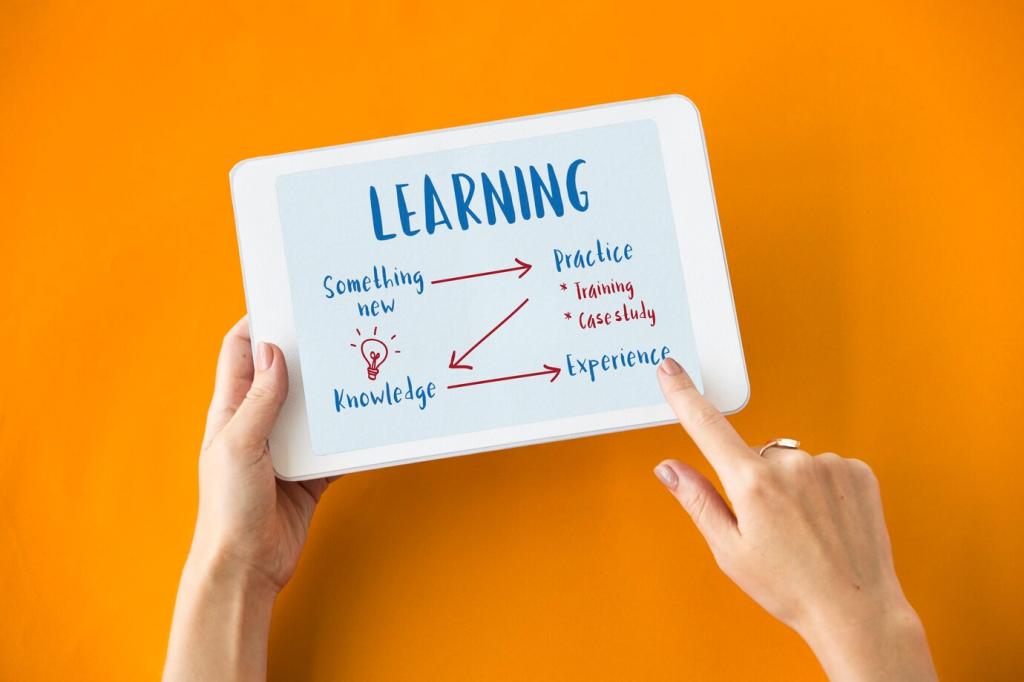Pedagogies That Shine with Encyclopedias
Launch units with essential questions, then use concise encyclopedia context to prime exploration. Learners gather shared definitions, identify gaps, and propose investigations. Invite students to post their own essential questions, building a living gallery of inquiry prompts for future cohorts.
Pedagogies That Shine with Encyclopedias
Assign short articles or media clips before class so in-person time becomes application, debate, and creation. The consistent quality of encyclopedia content reduces confusion. Share your favorite pre-class readings and reflect on how they improved seminar discussions and collaborative studio work.









